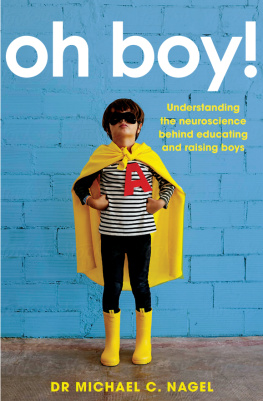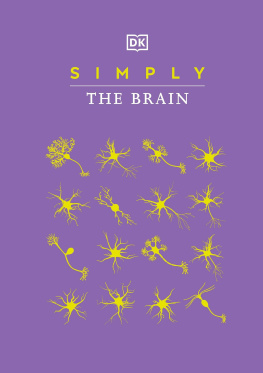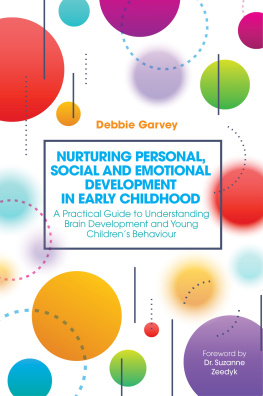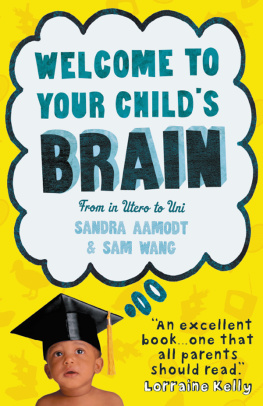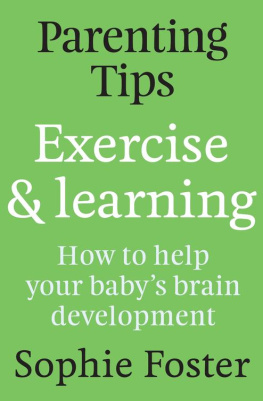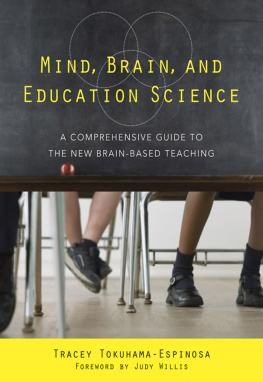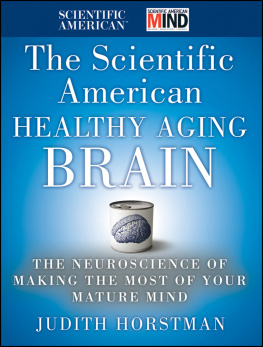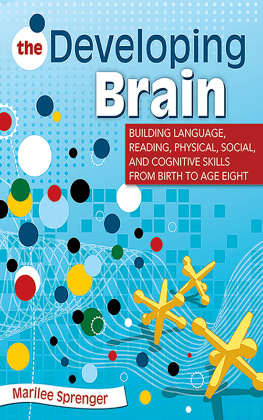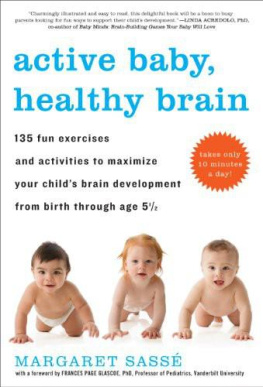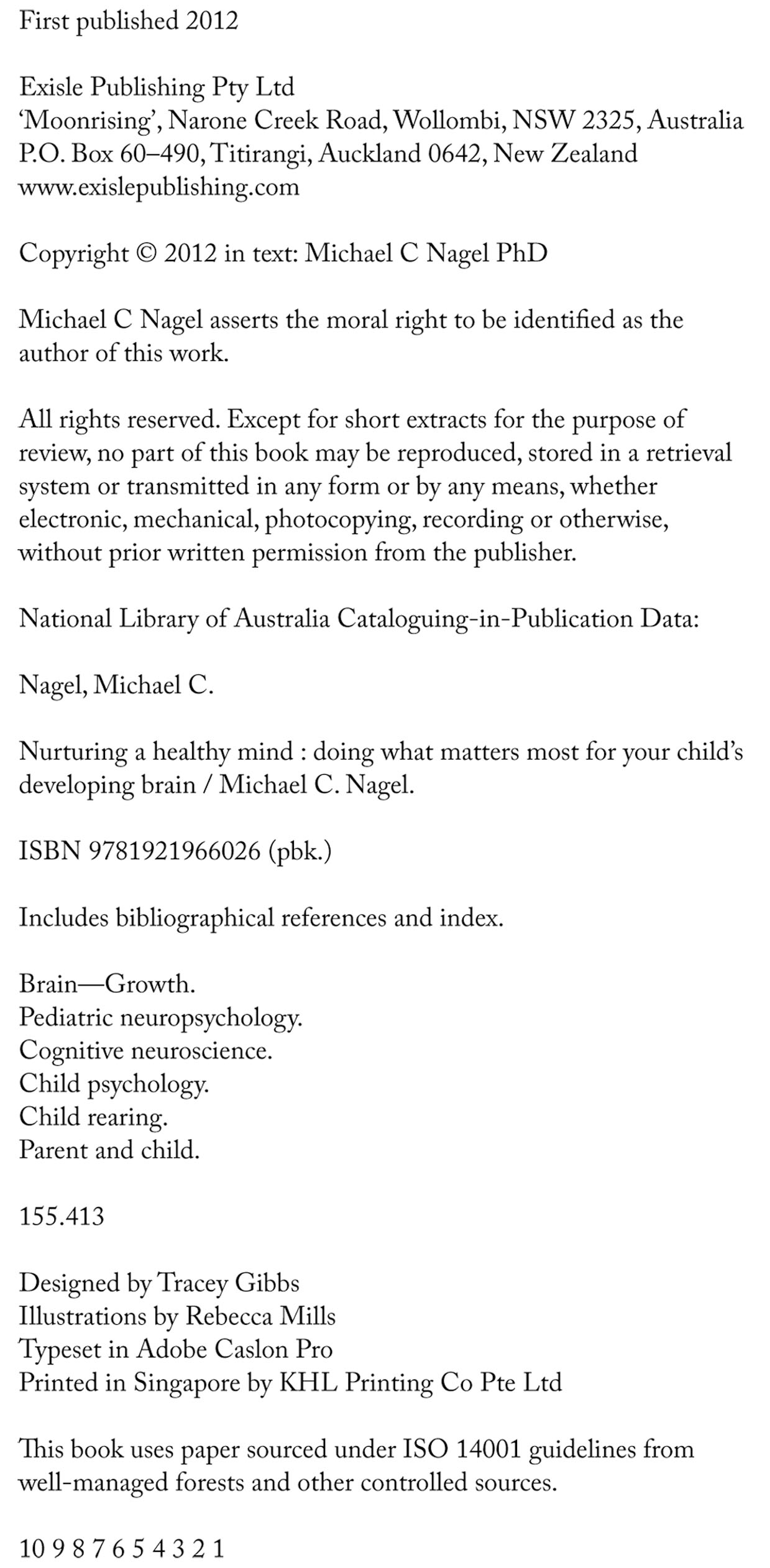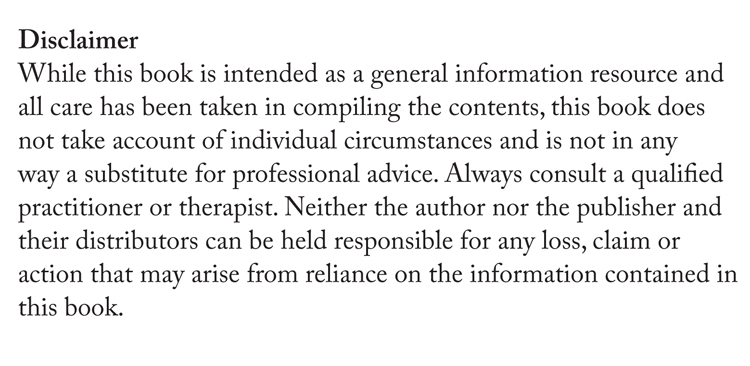Michael C. Nagel - Nurturing a Healthy Mind: Doing What Matters for Your Childs Developing Brain
Here you can read online Michael C. Nagel - Nurturing a Healthy Mind: Doing What Matters for Your Childs Developing Brain full text of the book (entire story) in english for free. Download pdf and epub, get meaning, cover and reviews about this ebook. year: 2012, publisher: Exisle Publishing Pty Ltd, genre: Home and family. Description of the work, (preface) as well as reviews are available. Best literature library LitArk.com created for fans of good reading and offers a wide selection of genres:
Romance novel
Science fiction
Adventure
Detective
Science
History
Home and family
Prose
Art
Politics
Computer
Non-fiction
Religion
Business
Children
Humor
Choose a favorite category and find really read worthwhile books. Enjoy immersion in the world of imagination, feel the emotions of the characters or learn something new for yourself, make an fascinating discovery.

- Book:Nurturing a Healthy Mind: Doing What Matters for Your Childs Developing Brain
- Author:
- Publisher:Exisle Publishing Pty Ltd
- Genre:
- Year:2012
- Rating:3 / 5
- Favourites:Add to favourites
- Your mark:
Nurturing a Healthy Mind: Doing What Matters for Your Childs Developing Brain: summary, description and annotation
We offer to read an annotation, description, summary or preface (depends on what the author of the book "Nurturing a Healthy Mind: Doing What Matters for Your Childs Developing Brain" wrote himself). If you haven't found the necessary information about the book — write in the comments, we will try to find it.
Over the past couple of decades, advances in technology have made possible new and exciting insights into how the brain grows, learns and operates. And there is now growing consensus that this knowledge is of great relevance to parenting and all manner of child-rearing contexts. Nurturing a Healthy Mind takes the available science on how the brain responds to the environment, processes stimuli and thinks, and presents it in an easy-to- understand and user-friendly format. It translates what neuroscience is telling us about the development of a childs mind from birth to pre-pubescence. Specifically, it details the development of the brain from infancy to the early school years and explains how this knowledge can help us deal with the everyday realities of raising healthy and happy children.
The 90s was declared the Decade of the Brain and a flurry of research on brain development soon followed. The result: two decades on we now know more about the brain than we did since the first recorded writings 6000 years ago.
Advances in technology and science have taught us a great deal and Nurturing a Healthy Mind supports the growing consensus that research on brain development is relevant to parenting. At the beginning of the twenty-first century, parents and teachers are seeing the benefits of this research, with child rearing and education being shaped by new understandings of the human brain.
It is becoming wider knowledge that the interactions between our genetic makeup, early experiences and environmental influences shape the architecture of the developing brain. And as such our understanding of the importance of the early years of life have, thankfully, received much greater attention and scrutiny. We are witnessing a tsunami of research, in conjunction with well-informed individuals, looking to ensure that all children receive the attention they need in their earliest days of life.
Nurturing a Healthy Mind, with its easy-to-understand format, gives parents and early caregivers a great opportunity to tap into this research and provide the best environment possible for healthy child development.
Michael C. Nagel: author's other books
Who wrote Nurturing a Healthy Mind: Doing What Matters for Your Childs Developing Brain? Find out the surname, the name of the author of the book and a list of all author's works by series.

